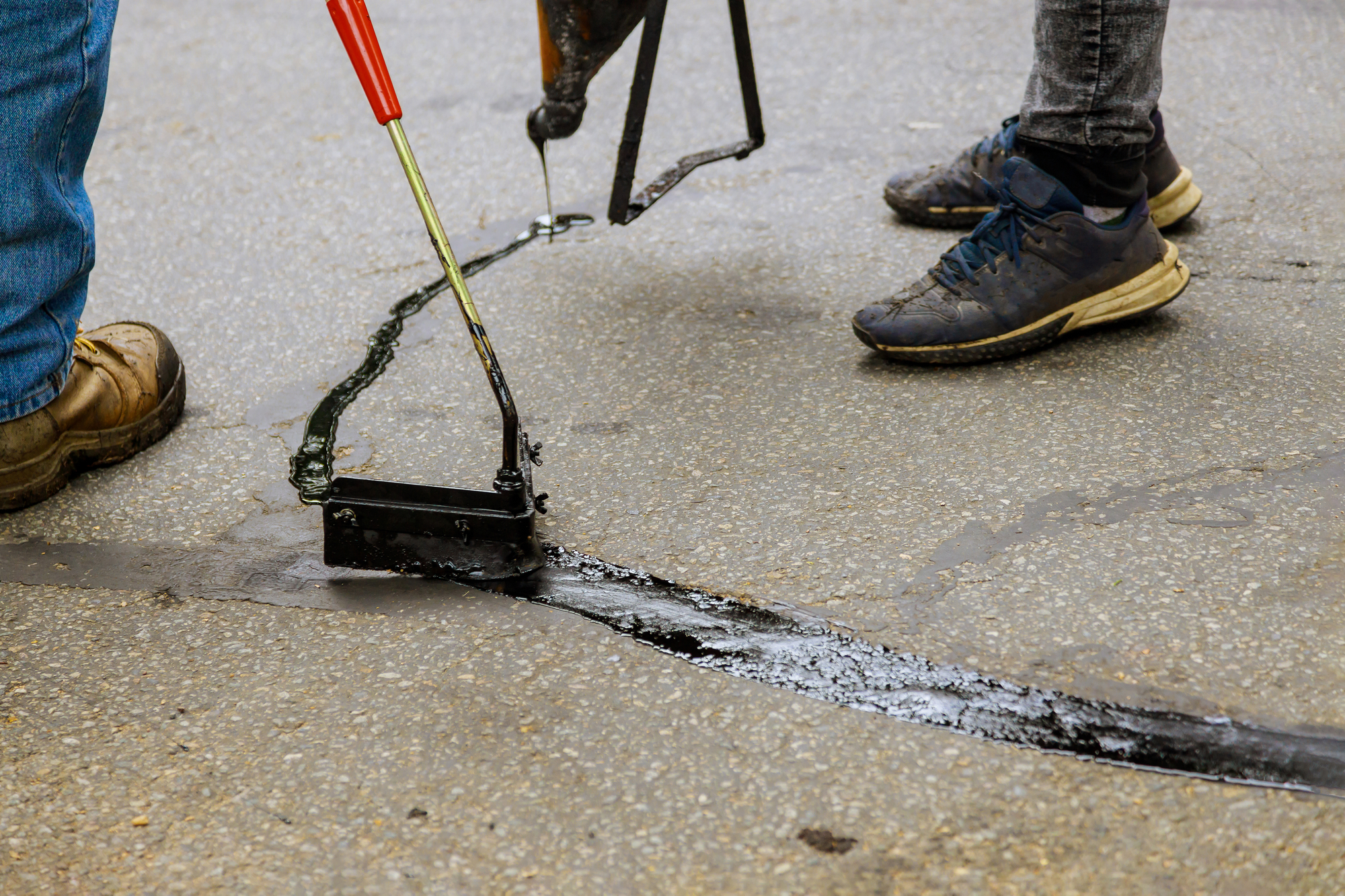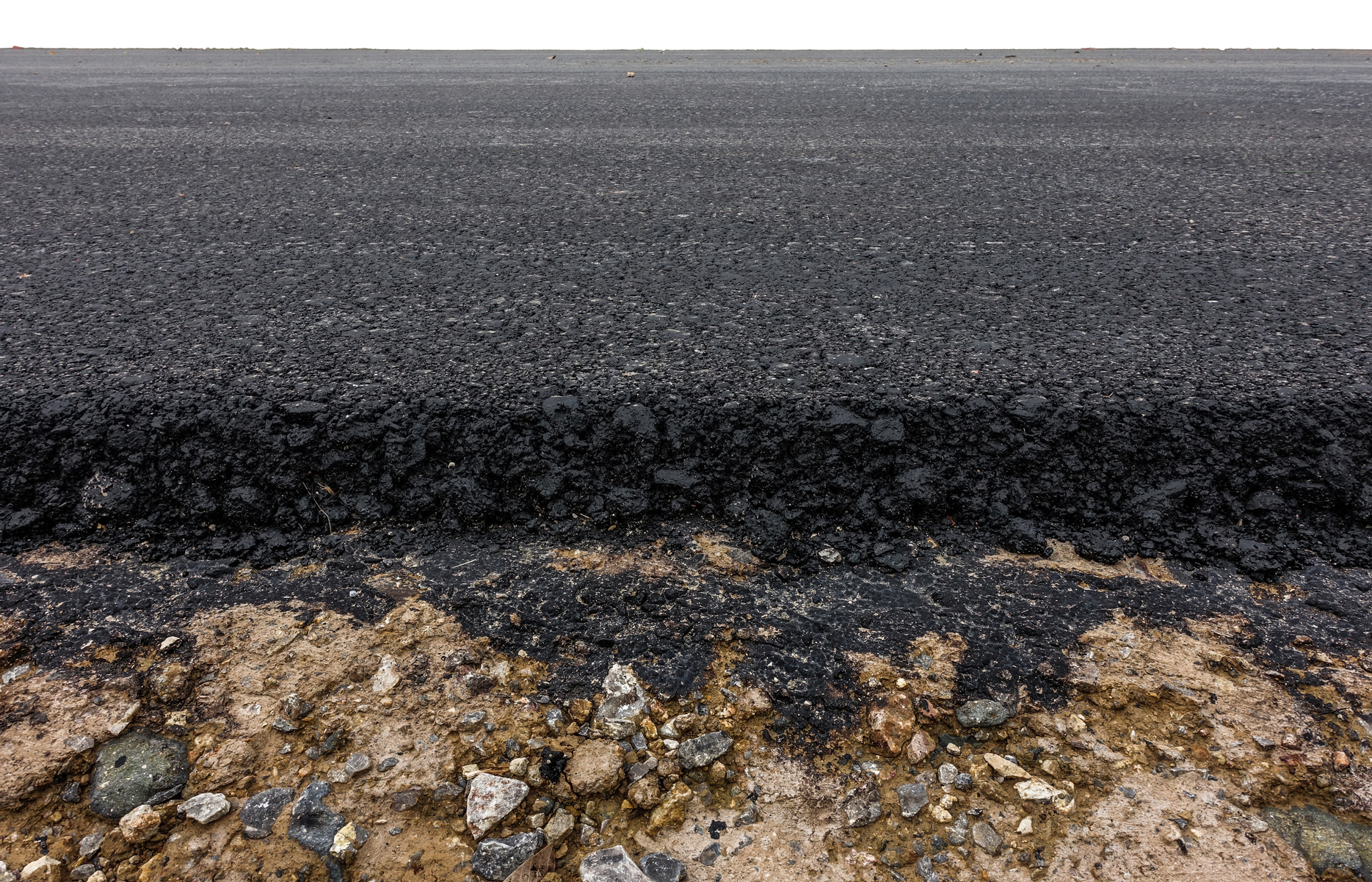Signs Your Driveway Has Suffered Weather Damage
20 February 2020
Knowing the signs of weather damage to asphalt is important in order to maintain your driveway and extend the life of your pavement. When living in an area with extreme seasonal changes such as Gatineau and the Outauoais, the heat of summer, the cold of winter, and the wet spring and autumn climates will leave tell-tale signs of weather damage even when asphalt has been expertly installed and maintained.
By looking for the signs and being proactive about maintenance and repair, homeowners can extend the life of their driveway and avoid unnecessary replacement costs. Here are some common signs of weather damage that you might find in your asphalt driveway.
Asphalt that is exposed to the elements will no doubt get wet. Cracks can result from water sitting on or under the pavement too long in times of heavy rain or snowfall. In the winter, even the best laid asphalt will see cracks deepening due to water that has made its way into tiny crannies and then expanding and contracting as it goes through freeze/thaw cycles.
Cracking asphalt can often be repaired if treatment is sought early enough and an experienced paving professional will be able to identify the underlying cause and suggest the correct plan of action.
The tarry substance that binds asphalt together is largely liquid and so it is normal for asphalt to begin crumbling and leaving “bits” on the surface or along the sides as it begins to age and dry out from exposure to UV rays.
Once this process has begun, it’s time to start the conversation with your trusted paving company about repairs and/or replacement.
The suns rays will dry out asphalt paving over time. An asphalt driveway that is fading to light grey is a sign that the binding materials are deteriorating. By consulting your paving company, you can find out if your driveway needs to be seal coated, topped up with a thin layer, or if more extensive repair measures are necessary.
If the surface of your pavement has waves, dimples, or little “hills”, this could be a sign that the ground “heaved” during a freeze/thaw cycle. Over time, a compromised base will affect the lifespan of your driveway so if you notice that your driveway has buckles, warps, or an uneven surface, it’s important to talk to your pavement installer to find out if your asphalt can simply be leveled, or if there is some necessary improvements to the base.
Driveways are installed with a natural incline to aid with water run-off, but if you notice that either end of your asphalt driveway seems to be “sinking”, you might have a water erosing problem under the surface. Downspouts and gutters are common culprits of sunken spots in asphalt and so it’s important to ensure that your property is set up to properly divert water away from the driveway to help reduce the erosion effect on the crushed stone or compacted base underneath.
It’s important to watch for these signs in your asphalt driveway and to contact an experienced, reputable paver to help you sealcoat the driveway and perform any other repairs and maintenance tasks you need so that you can continue to enjoy your investment for years to come.
If you’re in the Gatineau, Outaouais Region, the experts at Pavage Massie will be happy to advise you and help you care for your asphalt driveway knowledgeably. Get in touch today to let us know what driveway services you need.



